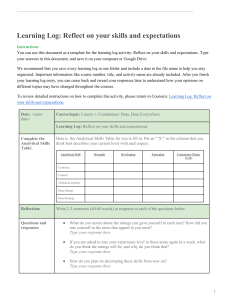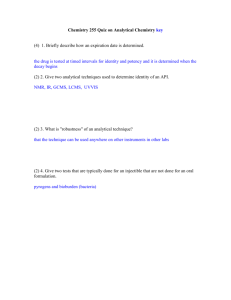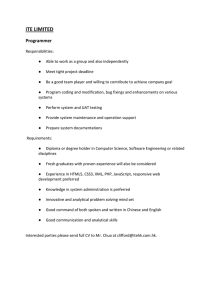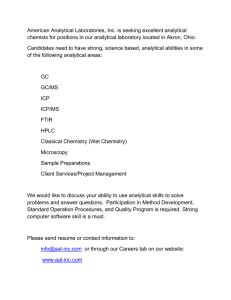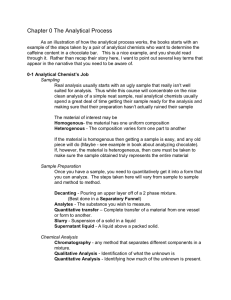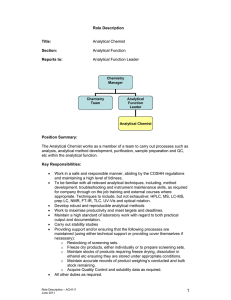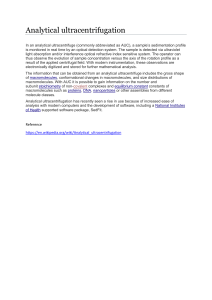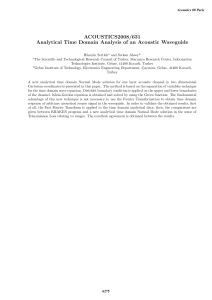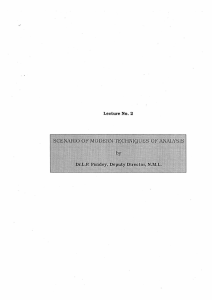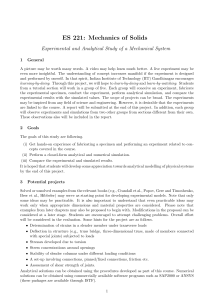From Reading to Writing Asking good questions:
advertisement
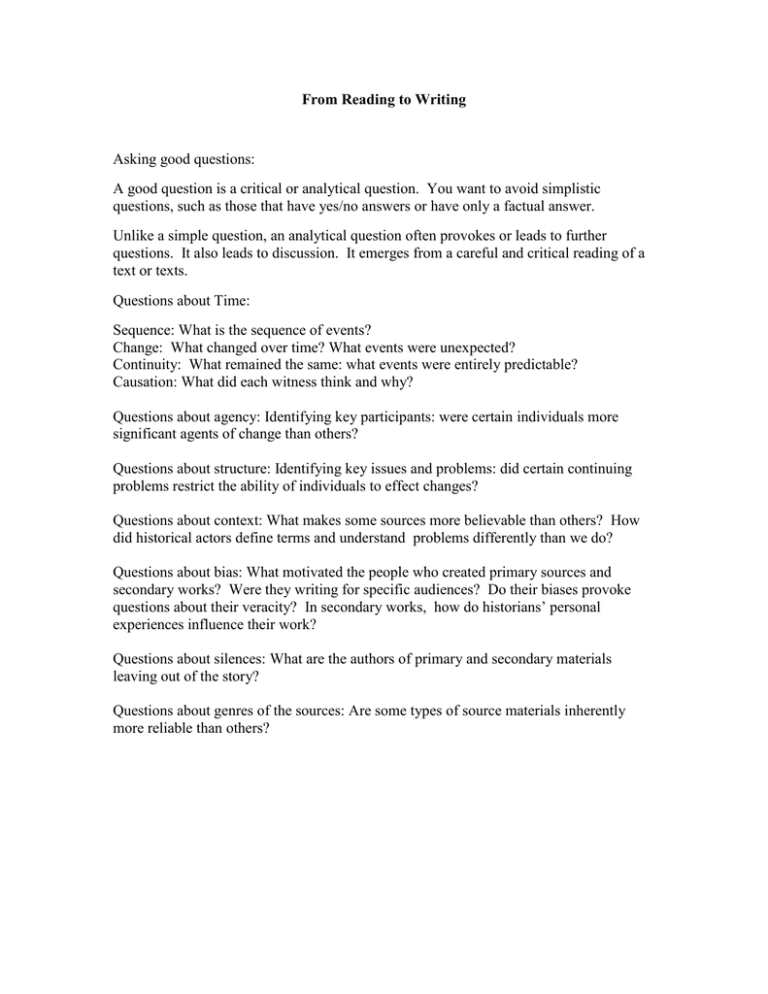
From Reading to Writing Asking good questions: A good question is a critical or analytical question. You want to avoid simplistic questions, such as those that have yes/no answers or have only a factual answer. Unlike a simple question, an analytical question often provokes or leads to further questions. It also leads to discussion. It emerges from a careful and critical reading of a text or texts. Questions about Time: Sequence: What is the sequence of events? Change: What changed over time? What events were unexpected? Continuity: What remained the same: what events were entirely predictable? Causation: What did each witness think and why? Questions about agency: Identifying key participants: were certain individuals more significant agents of change than others? Questions about structure: Identifying key issues and problems: did certain continuing problems restrict the ability of individuals to effect changes? Questions about context: What makes some sources more believable than others? How did historical actors define terms and understand problems differently than we do? Questions about bias: What motivated the people who created primary sources and secondary works? Were they writing for specific audiences? Do their biases provoke questions about their veracity? In secondary works, how do historians’ personal experiences influence their work? Questions about silences: What are the authors of primary and secondary materials leaving out of the story? Questions about genres of the sources: Are some types of source materials inherently more reliable than others?

